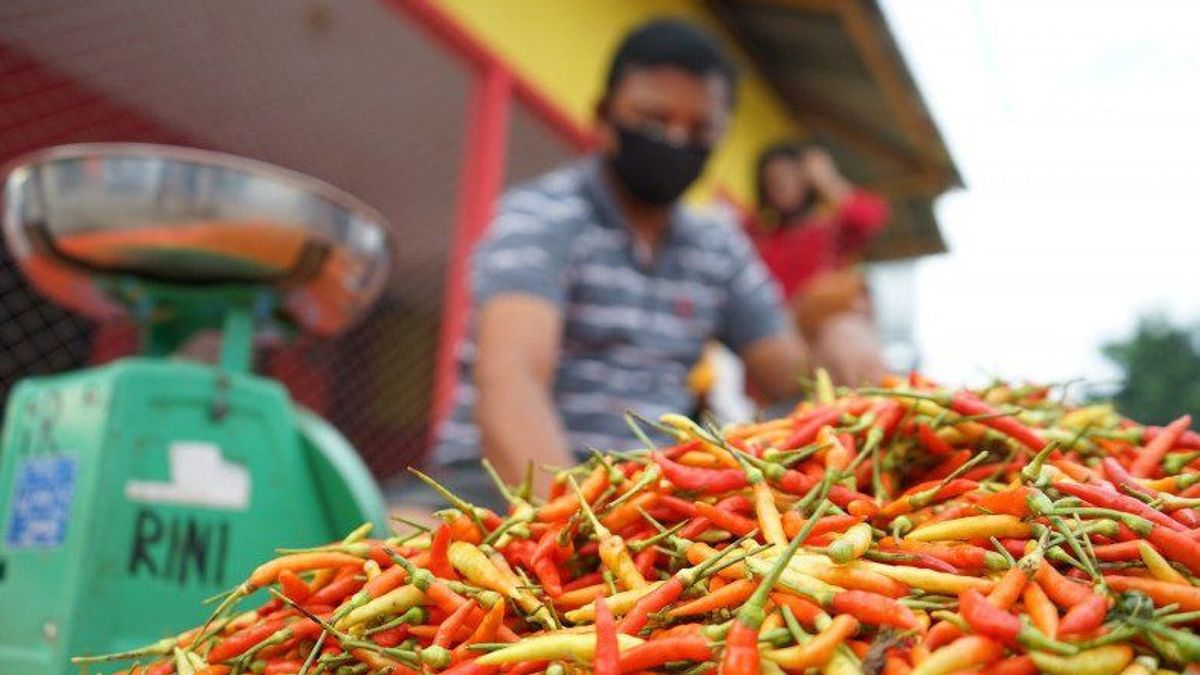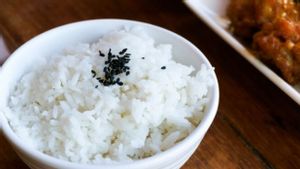JAKARTA - Economic observer Handi Risza Idris from Paramadina University suggested the need for food price control management during Ramadan.
"We suggest some food price control management that we can do," said Handi at an online seminar in Jakarta, quoted from Antara, Wednesday, March 8.
First, some basic necessities that have become an upward trend over the last few years can be thicked with supply, of course, we hope that domestic production from rice to chili.
According to him, even if you have to import, it is only limited to supporting or backuping, not to become the main reference so as to harm Indonesian farmers.
Second, the government is currently making a policy of allocating two percent of public transfer funds in the APBD as incentives for food needs.
This can be done through social assistance and incentives for transportation that need to be encouraged so that it can be realized properly in the regions so that price stabilization is realized properly.
"If this can be effective, I think it can reduce the impact of inflation in the regions," said Handi.
Then the coordination of stakeholders in the form of the Regional Inflation Control Team (TPID) needs to be optimized.
Steps to form a task force or motorist sales to maximize the distribution process of products needed during Ramadan, with the main target of maintaining supply and demand balance.
"TPID must be able to become an optimal task force in monitoring the production or distribution of food needs during Ramadan," said Handi.
Next is monitoring food trading procedures, speculatory work that hunts profits through supply chains controlled by a small group of people should be of concern.
They often become triggers outside the laws of supply and demand economy. Finally, it is anticipating weather factors that often experience changes, especially in production centers.
Handi said, from 2019 to 2022, several commodities or foods that were widely consumed caused an increase in prices during Ramadan, such as cooking oil, chicken meat, chilies, onions, and several other commodities.
The English, Chinese, Japanese, Arabic, and French versions are automatically generated by the AI. So there may still be inaccuracies in translating, please always see Indonesian as our main language. (system supported by DigitalSiber.id)













